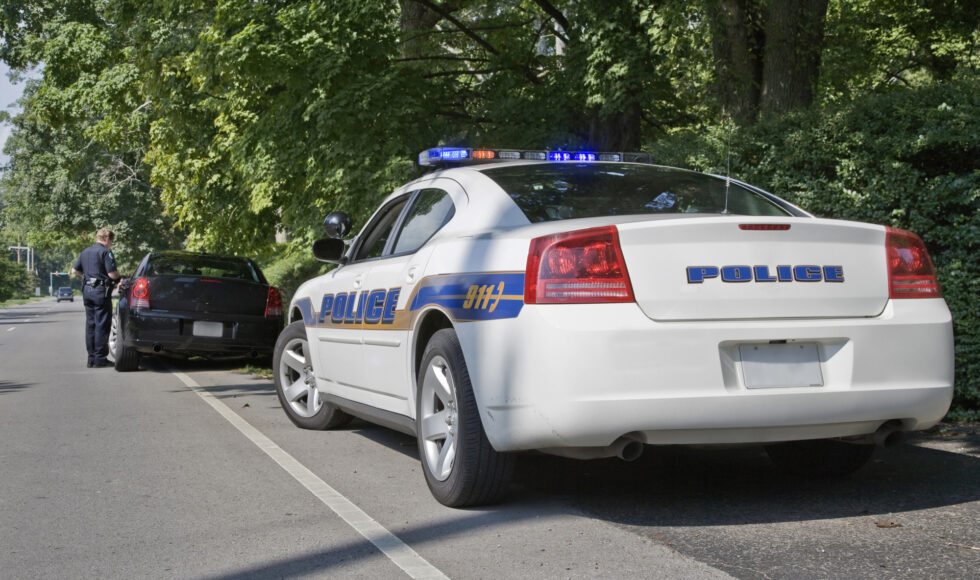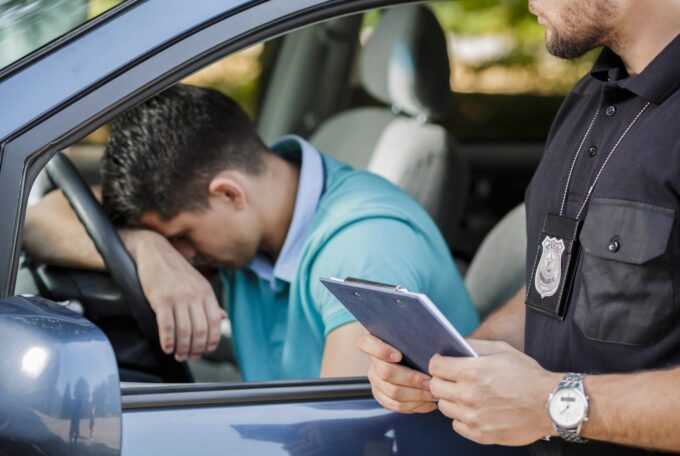Should You Beat or Pay your Ticket?
You’re sitting there in your car along the side of the road frustrated. How did it happen? The cop came out of nowhere. You didn’t even realize the speed limit had changed. You can’t explain it, it’s just maddening — you got a speeding ticket.
There are a million-and-one reasons in your head for why it was unjust. But is it worth taking to court? Or should you just go and pay for your ticket in Louisiana? Here are seven tips that will help you decide if you should fight a ticket.
1. What Is the Financial Cost of Your Ticket?
The cost of a ticket in Louisiana can range from $100-$300. This, of course, doesn’t take into consideration a slew of other factors.
Here’s a quick list of speeds and their associated fine:
- Driving 1 to 9 mph over the speed limit could result in a $115 fine or more
- Driving 10 to 14 mph over the speed limit could result in a $215 fine or more
- Driving 15 to 20 mph over the speed limit could result in a $240 fine or more
- Driving 21mph or faster than the speed limit could result in a >$240 fine and may require you to make a court appearance
Were There Additional Charges on the Ticket?
If you’re driving under the influence of alcohol, you could be facing additional charges based on the number of offenses you’ve committed.
- 1st Offense: $1,000
- 2nd Offense: $1,000
- 3rd Offense: $2,000
- 4th Offense: $5,000
Did the Officer Report You as Driving Recklessly?
Reckless operation is a misdemeanor in Louisiana. Simply put, if you were endangering yourself or someone else’s life, this could be an additional charge.
Reckless operation has charges affiliated with the number of offenses.
- First offense: Can carry up to a 90-day sentence in jail and/or $200 in fines.
- Multiple offenses: Driver can face up to six months in jail and/or up-to an additional $500 in fines.
As you can see, depending on the situation you could be facing massive amounts of fees depending on what the officer reported.
Add to that the potential for an increase in insurance rates, and you could find yourself swimming in fines.
2. What is the Time-Cost of Your Ticket?
Money is only the first factor if it’s worth it to take the charge to court. The second is time.
If you received your ticket in the district you reside in Louisiana, it may not take much of your time to go to court. Just a few hours.
However, if you were traveling either outside your district or in a completely different state, the amount of time required for getting to the court could rise exponentially.
In certain cases, if you received a hefty ticket in Louisiana you may be required to attend your court hearing. If not, you may be threatened with a warrant for your arrest.
Your best bet is to hire a traffic court attorney who can answer questions and waive your presence at court.
At the end of the day, you’ll have to determine whether or not the time associated with fighting your speeding ticket is worth it.
3. Will This Count as a Criminal Offense?
A major consideration is whether or not you’ll be facing criminal charges. Repeat offenders could find themselves escalating misdemeanor charges into felonious ones.
Felonies have a far greater effect on your ability to live than misdemeanors. A felony will affect your ability to get employment. Housing will become far more difficult, as landlords can reject people based on their criminal records.
Banks and credit card companies are also wary of felons. They’re considered high-risk and if they do manage to get a line of credit, the interest rates are often abysmal.
If you’re at risk of receiving a felony for your driving, you should probably take the case to court.
4. Will Your License Be Revoked?
Chalk this up with if going to court is worth your time. Odds are losing your license and the privilege to drive will cost you far more time and energy than taking the charge to court.
If you want to retain the ability to drive yourself, take the charge to court.
5. Do You Believe What Happened Was Unjust?
You’re traveling in Louisiana. It’s night and you’re driving down an unfamiliar road without anyone else in sight.
Suddenly — the lights begin to blare and you’re on the side of the road, a ticket in your hand.
What just happened? You plainly never saw a speed limit sign. You were on unfamiliar ground. There weren’t any vehicles to gauge what the speed was. How is it fair you get punished for not knowing what the law was?
This story is familiar. Sometimes this is motivation enough to fight the law in court. And who knows? You could get a new sign put in that helps future drivers have a clearer understanding of the law.
6. Do You Have Evidence That Exonerates You?
Did the officer do something suspicious or blatantly illegal? Maybe the only speed-limit sign was damaged or not visible due to a recent storm? Or maybe your car’s internal computer tracks and limits its speed automatically. Does this contradict what the officer reported?
Each situation is unique; don’t discount your narrative and think through everything that happened when you were pulled over.
This could be video evidence from a car-cam, this could be video footage on your phone or even accounts from other passengers in your vehicle that can corroborate your claims.
Regardless, if you have tangible evidence that discounts or places doubt on the officer’s claim, you should seriously consider taking the claim to court.
7. Are You Willing To Get a Traffic Violations Lawyer?
The law is complex. Likely you’ve run the gamut and think you have a case in court. The final question is, are you willing to lawyer-up?
Professional help is highly advised. In the end, they’ll save you time and energy. If you aren’t willing to seek professional help, know that fighting in court will require a lot more of you. Only you can determine the right path.
Should You Go to Court or Pay Your Ticket in Louisiana?
Hopefully, now you can weigh the above seven tips and determine whether you should pay your ticket in Louisiana or if you should take the claim to court.
If you have further questions or need assistance fighting a ticket in court, contact us here. We know all about those million-and-one reasons why your situation is relevant and want to get you out from under the thumb of law enforcement.





